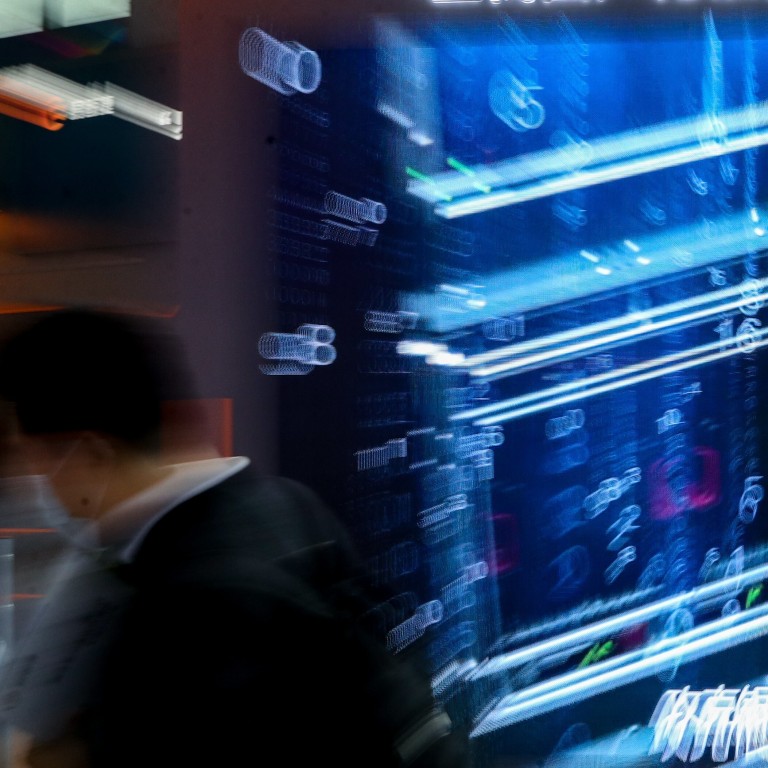
Alibaba, Tencent, ByteDance and 30 other Big Tech firms sign voluntary antitrust ‘self-discipline’ pledge at event
- Tech giants gathered at the China Internet Conference promising to maintain fair competition and prevent abuses of market position
- Huawei, Baidu, JD.com and AI company iFlyTek were also among the 33 signatories of the convention
Alibaba Group Holding, Tencent Holdings and ByteDance are among 33 Chinese tech companies that have collectively signed an agreement on antitrust self-discipline amid Beijing’s growing regulatory pressure on Big Tech.
The group of tech companies, which also includes Huawei Technologies Co, Baidu, JD.com and artificial intelligence company iFlyTek, gathered at the China Internet Conference in Beijing on Tuesday and signed the convention on fair competition, consumer protection and strengthening innovation, according to a statement on the Internet Society of China, the conference organiser.
Alibaba, the owner of the South China Morning Post, was fined 18.2 billion yuan (US$2.82 billion) in April for monopolistic behaviours, while online services giant Meituan is still under an antitrust investigation.
The convention was drafted by tech companies and the Intellectual Property Centre of the Chinese Academy of Information and Communications Technology (CAICT). During the event, the tech firms were awarded a plate by the Ministry of Industry and Information Technology (MIIT) and the Internet Society of China in recognition of their service.
China’s antitrust authority, the State Administration for Market Regulation (SAMR), has been increasing its scrutiny of Big Tech since late 2020 when the Chinese leadership signalled the sector needed to be brought to heel.

